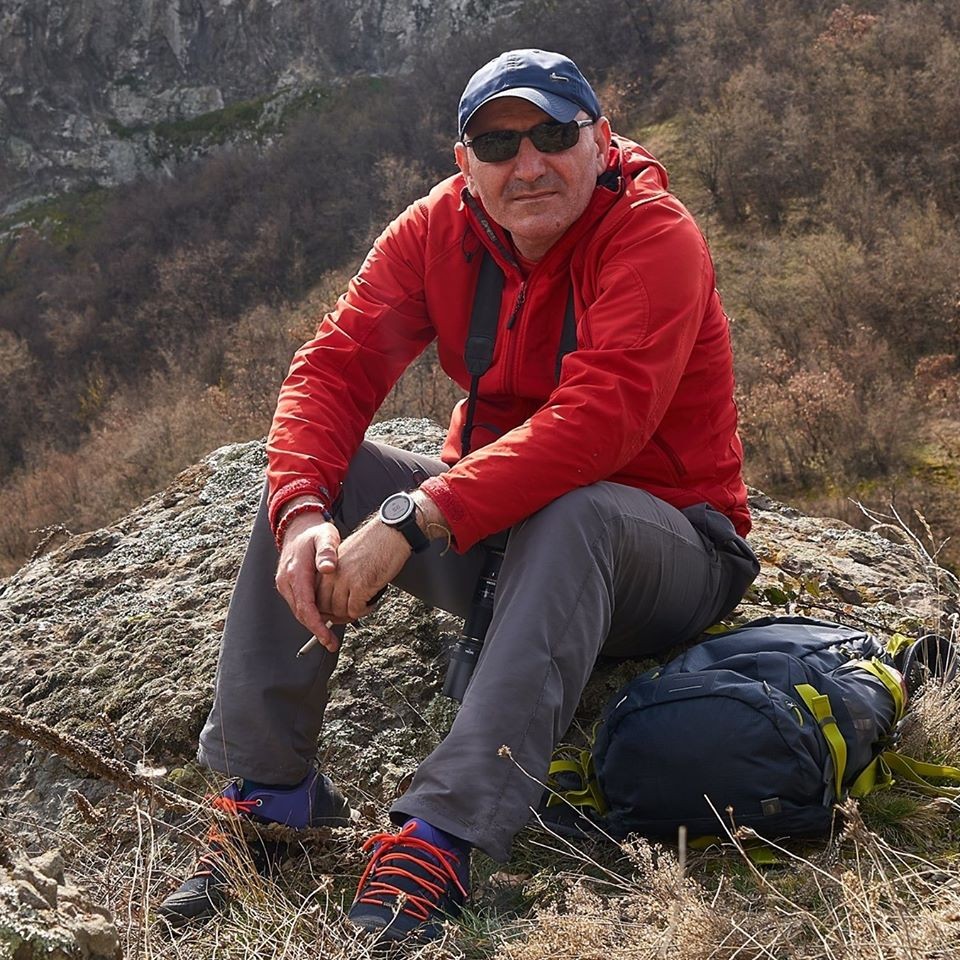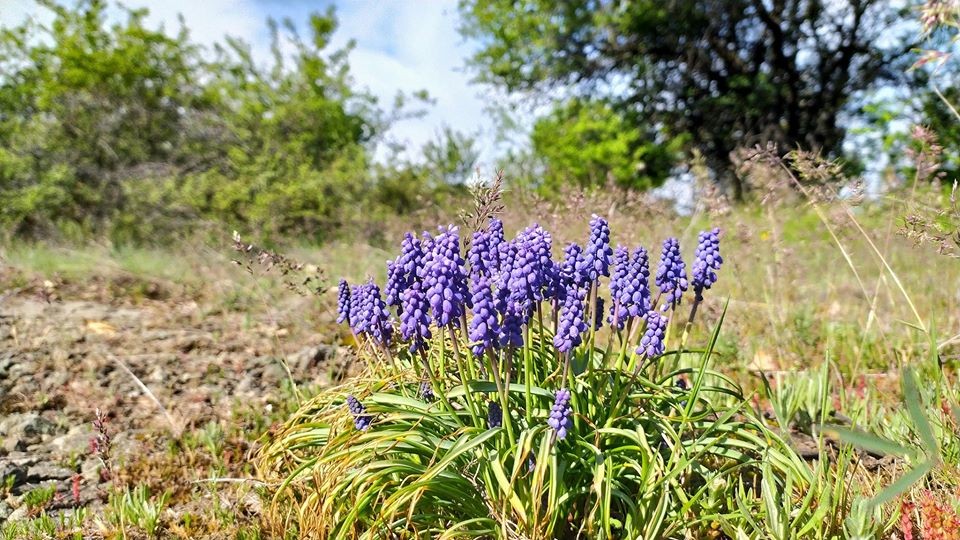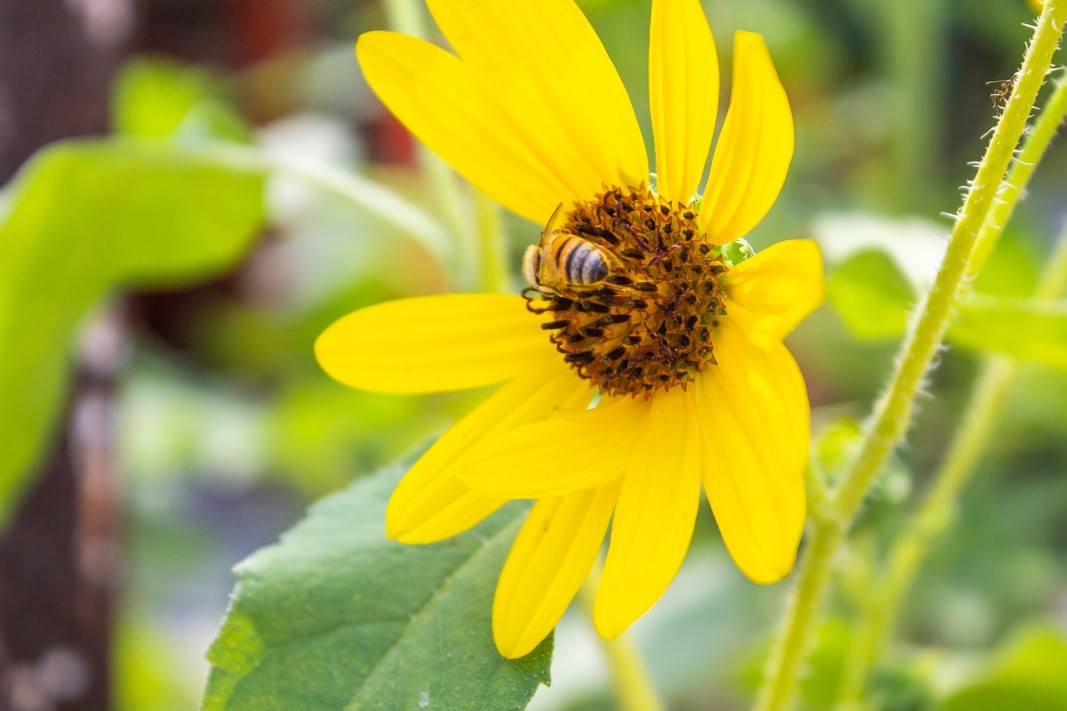Two-thirds of the ocean area and three-quarters of the land have undergone significant changes as a result of human activity. Between 2010 and 2015 a total of 32 million hectares of forests had vanished. Within the next ten years, one out of four popular species may become extinct. Scientists contend that by disturbing the balance in nature, people create excellent conditions for transmitting viruses from animals to humans. According to studies, nearly 75% of all emerging infectious diseases are zoonotic, which is proven by the Covid-19 infection which is being disseminated due to the loss of biodiversity. If an ecosystem abounds with species, it will be hard for the pathogens to spread within, because of the natural barrier created by biodiversity. That is why this year’s World Environment Day is focused on Biodiversity in order to encourage mankind to undertake active actions against the accelerated loss of species and the destruction of nature.
Things in Bulgaria seem rosy against the backdrop of the situation in other European countries, Spas Uzunov, expert in Environmental Protection at the Bulgarian Biodiversity Foundation told Radio Bulgaria:
 “Bulgaria is in Europe’s top 5 in terms of biodiversity, habitats and eco systems. In the past decade, the rapid development of economic life in Bulgaria brought to light the question what policies we pursue and what we do to protect this wealth. We are witnessing a reduction in the population of some species. Some natural habitats are being destroyed. However, the destruction of the habitats is the most significant factor for biodiversity loss globally. When we build hotels along these areas, we loose tourists as well”.
“Bulgaria is in Europe’s top 5 in terms of biodiversity, habitats and eco systems. In the past decade, the rapid development of economic life in Bulgaria brought to light the question what policies we pursue and what we do to protect this wealth. We are witnessing a reduction in the population of some species. Some natural habitats are being destroyed. However, the destruction of the habitats is the most significant factor for biodiversity loss globally. When we build hotels along these areas, we loose tourists as well”.
We are witnessing outflow of Bulgarian tourists who prefer the neighboring countries due to their preserved nature. The destroyed sand dunes in Ahtopol, the scandalous construction near the Alepu Marsh protected area, the waste water pipe in Varna, the construction in the protected area Irakli, cause large waves of discontent. The prepared amendments to the Biodiversity Act, which regulates the management of the Europe-wide network of nature conservation areas Natura 2000, also gave rise to resentment. Scientists, as well as many environmental organizations called the amendments lobbying in favor of private interests:
“Absolute power is given to the local and national business to manage biodiversity- the expert notes- The amendments provide for the removal of scientific organizations from the bodies developing the measures aimed at protecting rare species and habitats. At the same time, full power is given to the Minister of Environment. We see the results along the Black Sea coast and on other places.”

The mass die-offs of bees due to intensive farming are another reason for concern:
“We are witnessing dramatic reduction of the population and biodiversity of these species. Of course, pesticides and artificial fertilizers used in agriculture are one of the reasons for the mass die-off of the bees, but are not the only reason. Destruction of habitats, climate changes and genetically-modified organisms also contribute to extinction. All these factors lead to a drastic reduction in the population of bees. However, neither the ecosystems, nor the human civilization can exist without them.”
 The environmental organizations manage to develop successful environment projects. Two of them reached this year the finals of the Natura 2000 awards organized by the European Commission- the initiative aimed at protecting old forests in 145 protected zones from Natura 2000 and the WWF project for revival of the Danube Region.
The environmental organizations manage to develop successful environment projects. Two of them reached this year the finals of the Natura 2000 awards organized by the European Commission- the initiative aimed at protecting old forests in 145 protected zones from Natura 2000 and the WWF project for revival of the Danube Region.
All summer, and even now, Bulgaria has been fighting numerous fires – in the fields and in forests . At the same time, over half a million people in Bulgaria are without water supply or on a strict water regime. So, caught up in the current troubles,..
One of the most ancient breeds in Europe, the Karakachan dog is the first Bulgarian indigenous breed of farm animal recognized by the Animal Breeds Commission of the Ministry of Agriculture in 2005. It owes its name to the nomadic sheep breeders known..
The tailor shop of the Pedrie and Mümin Mestan family is located on one of the busiest streets in Brussels’ Schaerbeek district. They are originally from Kardzhali but have been living abroad for more than 35 years. In the summer of 1989, they left..
Bulgaria's State Automobile Inspectorate (DAI) is the official body that deals with the control of heavy-duty traffic on the territory of the country, as..

+359 2 9336 661
